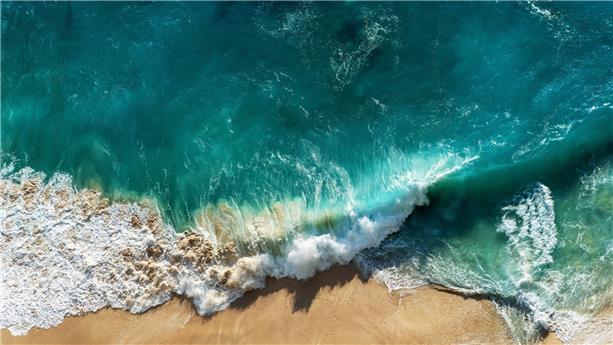
Protecting the oceans
Discover our solutions to facilitate the ecological transition of the blue economy and strengthen the resilience of coastal cities in the face of climate change.
Discover the offer
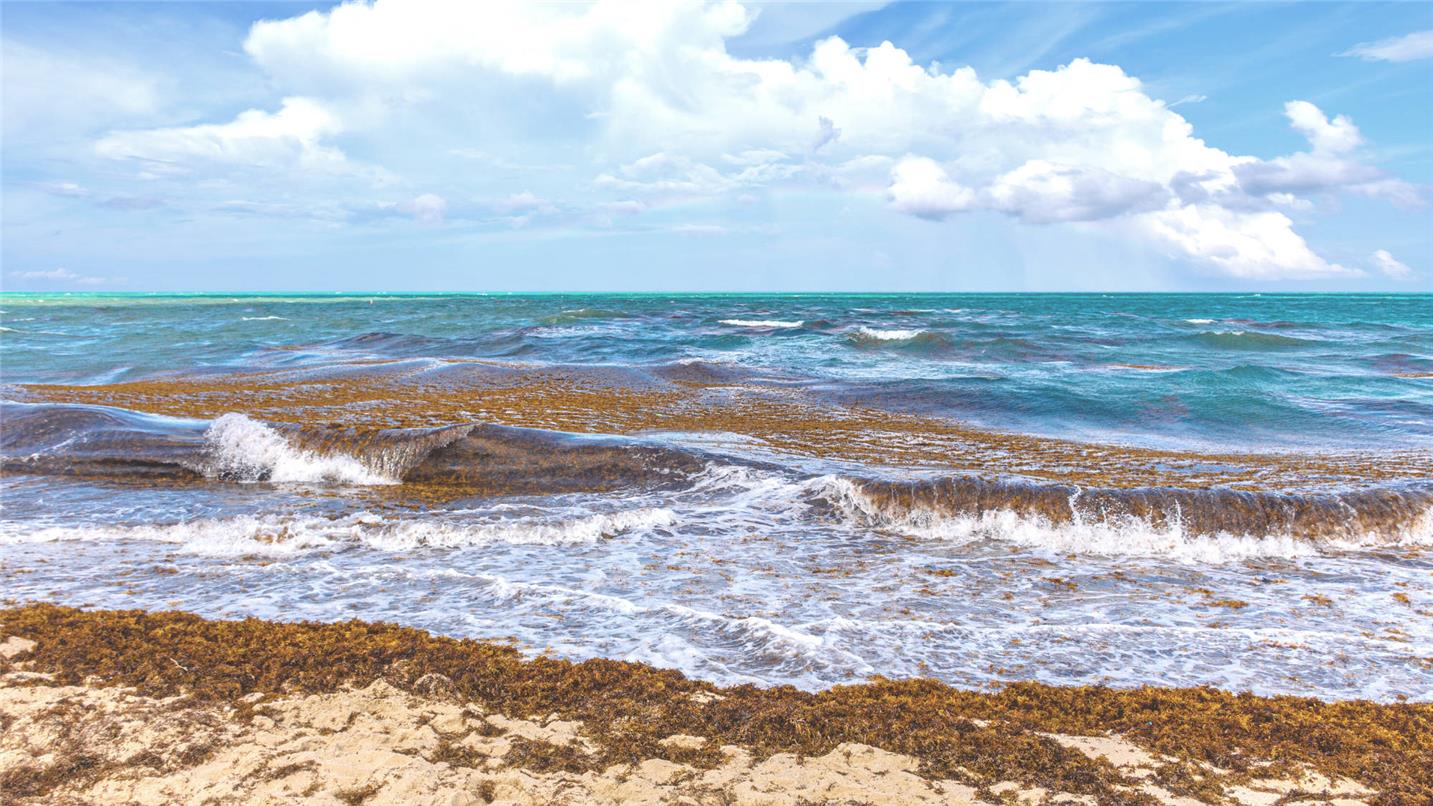
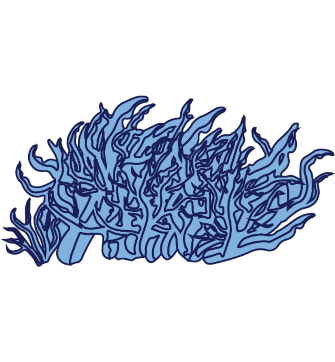
Since 2011, the Caribbean has been heavily affected by large amounts of sargassum algae washing ashore
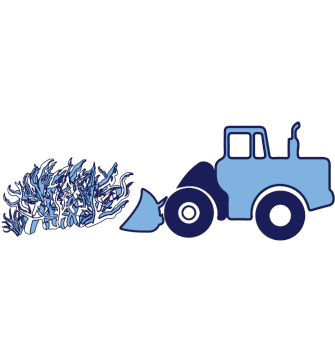
Between 2015 and 2019 SUEZ Consulting evaluated nearly 12 collection systems on behalf of ADEME

2015 and 2018: worst years of sargassum build-up
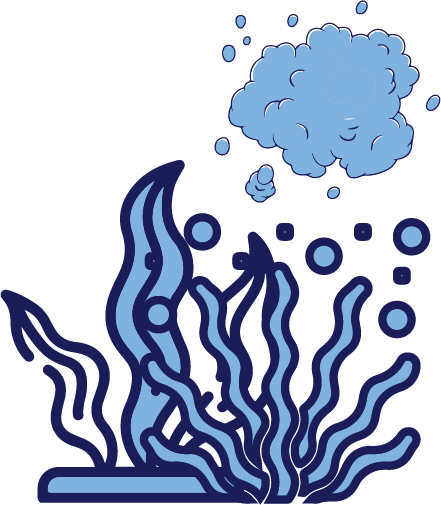
300 number of sargassum species identified around the world
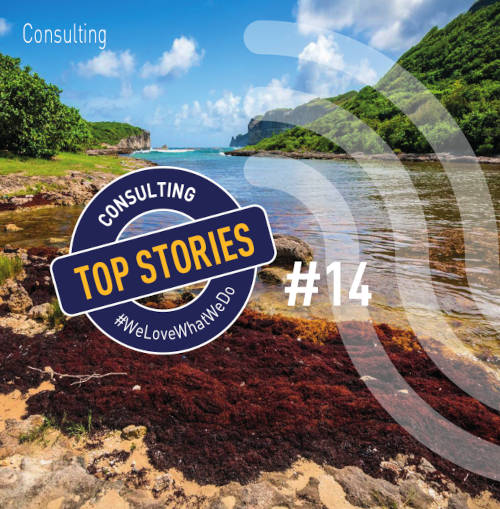
Our challenge: Supporting decision-making for an optimal management of the sargassum scourge